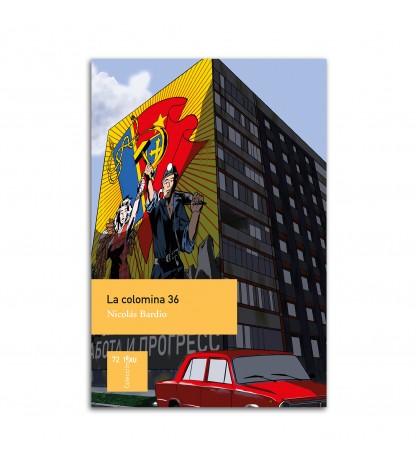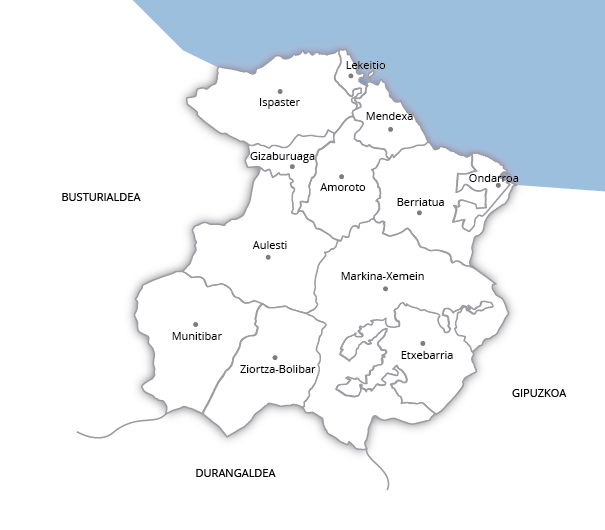
Today I finished reading La colomina 36, a book by Nicolás Bardio. The premise is that the 1934 October Revolution succeeded in Asturias, when historically it was crushed by the Spanish Republic.
Consequently in this new history, Asturias separates from Spain, and joins the Soviet Union as the Socialist Soviet Republic of Asturias. Asturias is a socialist state located far west, in a sea of hostile capitalist Western countries, including its close neighbour, Francoist Spain (there was still a Spanish Civil War and the Nationalists won). It's interesting to see the differences: whereas Asturias today is fast losing population due to demographic decline, in the fantasy world it is an industrial heavyweight. The humble city of Mieres is the equivalent of Hollywood for the Soviet cinema industry and Xixón is a major naval port like Vladivostok and Sevastopol for nuclear submarines that prowl the Atlantic.
However the story in and of itself has little to do with these grand and improbable events. It is a short book of around 100 pages that takes place in 1970, long after the Revolution, at the height of the Cold War.
The protagonist, Fabián is an Asturian KGB agent who is charged with spying on his neighbours in his apartment block. Far from an exciting spy story, Fabián is locked into mind-numbing boredom watching his neighbours, and would do anything to get a promotion. He gets his chance.
This is the first novel I've read in Asturian and it was quite enjoyable, although I honestly would have liked a book about the Revolution itself, maybe from the perspective of a miner who took up arms, rather than its after effects.
What is intriguing is the place of the Asturian language in this new Asturian state. Asturian and Russian are the prestigious and official languages.
The diglossia between Asturian and Spanish that exists today, a diglossia that kills, is replaced by one between Asturian and Russian, although in a more positive sense as the totality of the characters speak Asturian. Asturian is a normalised language in the Soviet state.
What about Spanish? Here is a fragment of when Fabian is looking through the stuff of his local baker, a Spanish refugee who fled Spain to live in Asturias. To him and other Asturians, Spanish is a foreign language.
Restolé pel restu de la caxa y vi que nun tenía más que postales a mediu borrar en castellán. Entendíase, anque non toles pallabres.
I rifled through the rest of the drawer and I saw that it held nothing more than smudged letters written in Spanish. I could understand it, although not all the words.
I gave the book to my French housemate in an experiment to see what he could make of it. He speaks French and Spanish. I subject my French housemates to all sorts of sick and strange linguistic experiments, like playing them WhatsApp recordings of Catalan from my Mallorcan friends...
He's been in Spain for years now. He read a page, translating as much as he could into Spanish, and asking me for confirmation. He could make general sense of Asturian but much of it escaped him, including important words that don't look the same in Spanish.
For example:
Pero al momentu ximelgué la tiesta y dime cuenta de que nuna ciudá como Marsella yera imposible qu'esistiere daqué asemeyao a una colomina
It was only after I translated ximelgar (shake) and tiesta that he made the connection to tête in his own language. Testa does exist in Spanish, but it's not an everyday word. In this case as in many others Asturian retains words that once were also used in Old Spanish but which fell out of use.

